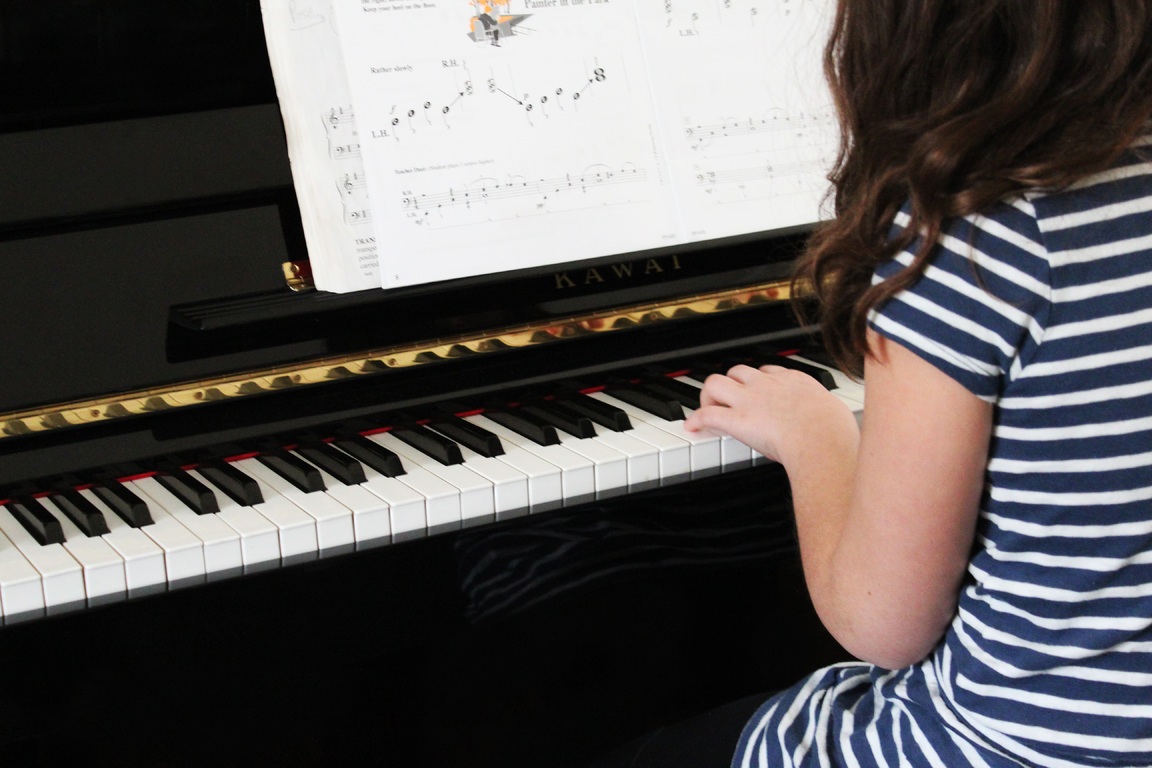We’re a few decades into the twenty-first century, and it feels like public support for music education has never been lower. You might be aware of music education’s grim outlook for the near future, too: our schools here in San Francisco seem to be running on shoestring budgets that get whittled further down annually, which negatively impacts all of our youths’ academic programs, but especially art and music programs, which get labeled as “non-essential.”
When examined at face-value, it might be tempting to agree with this label, and it’s admittedly an easy one to deduce logically: we can’t expect everyone to become a professional musician, so why fund it the same way we fund, say, English or Mathematics?
But the further-reaching implications of a community or society devoid of music education are very worthy of your consideration too. An education without music would deprive our youths of obtaining critical, lifelong benefits that accompany an education in music, a list that's perpetually increasing despite the mountain of scientific research already behind it.
We’ll state it clearly: we at NCMACC believe that musical education is an essential part of a child’s upbringing, and we’ll gladly show you why.
Whether you’re curiously skeptical about the merits of a musical education or would like to arm yourself with more research to reinforce your belief that music education is indeed important, here are five scientifically-backed claims that highlight music education’s place in a child’s life as a necessity, and not a nice-to-have.
The continuously-growing list of benefits
- Music education is linked to doing better in school
- Music education improves language skills and literacy
- Music education improves mathematical ability
- Music education helps you make friends and be happy
- Music education helps with focus and self-control
Musical education supplementation has never been more instrumental to success
Parents that want their children to reap these enormous benefits of musical education and who are fully aware of the bleak situation with music programs in schools today luckily have quite a few choices to supplement existing educational efforts.
First, there are schools across town (including us, of course) that will gladly structure the musical education process for a student. Alternatively, or perhaps subsequently, students can take individual lessons directly from qualified instructors. Or, if your child is interested in something a bit more avant-garde and instructors are hard to come by, there are plenty of self-teaching opportunities online. YouTube has endless tutorials, and there are countless stories of, for example, guitarists who’ve learned from a series of YouTube videos.
Just remember - your little Sammy or Rami doesn’t have to grow up to be the next Mozart or Yo-Yo Ma to reap the major benefits of music education.
